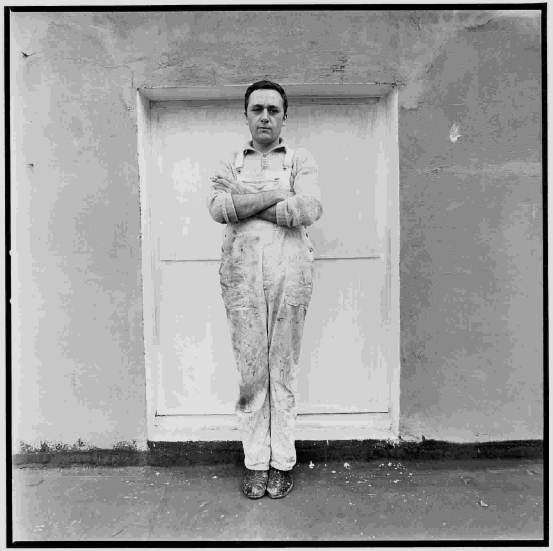Gerhard Richter on Writing

“The idea that art copies nature is a fatal misconception. Art has always operated against nature and for reason.”
“Surely you don’t think that a stupid demonstration of brushwork, or of the rhetoric of painting and its elements, could ever achieve anything, say anything, express any longing.”
“I never worked at painting as if it were a job; it was always out of interest or for fun, a desire to try something.”
“I have to have a mental picture, an image, to start. I never reach this image, but it’s good to begin with it.”
“Form is all we have to help us cope with fundamentally chaotic facts and assaults. Formulating something is a great start. I trust form, trust my feeling or capacity to find the right form for something. Even if that is only by being well organized. That too is form.”
“Strange though this may sound, not knowing where one is going, being lost, being a loser, reveals the greatest possible faith and optimism, as against collective security and collective significance. To believe, one must have lost God; to paint, one must have lost art.”
“I want to leave everything as it is. I therefore neither plan nor invent; I add nothing and omit nothing. At the same time, I know that I inevitably shall plan, invent, alter, make and manipulate. But I don’t know that.”
“I don’t create blurs. Blurring is not the most important thing: nor is it an identity tag for my pictures. When I dissolve demarcations and create transitions, this is not in order to destroy the representation, or to make it more artistic or less precise. The flowing transitions, the smooth, equalizing surface, clarify the content and make the representation credible (an alla prima impasto would be too reminiscent of painting, and would destroy the illusion).”
“When I first painted a number of canvases grey all over I did so because I did not know what to paint, or what there might be to paint: so wretched a start could lead to nothing meaningful. As time went on, however, I observed differences of quality among grey surfaces, and also that these betrayed nothing of the destructive motivation that lay behind them. The pictures began to teach me. By generalizing a personal dilemma, they resolved it. Destitution became a constructive statement; it became relative perfection, beauty, and therefore painting.”
“How could one be in this world without feeling dismayed by it? Even if one paints flowers and gingerbread.”
“Talk about painting: there’s no point. By conveying a thing through the medium of language, you change it. You construct qualities that can be said, and you leave out the ones that can’t be said but are always the most important.”
“It is hard, say, to cross out six different numbers on a Lotto ticket in such a way that the arrangement looks convincing. And yet the sequence that emerges after the numbers are drawn seems entirely right and credible in every way.”
Q: What painters have you learned from?
A: “From every one that I know.”
“What I’m attempting in each picture is nothing other than this.. to bring together in a living and viable way, the most different and the most contradictory elements in the greatest possible freedom.”
Power Quote: Gerhard Richter
“I don’t want to be a personality or to have an ideology. I see no sense in doing anything different. I never do see any sense. I think that one always does what is being done anyway (even when making something new), and that one is always making something new. To have an ideology means having laws and guidelines; it means killing those who have different laws and guidelines. What is the good of that?”
from The Daily Practice of Painting by Gerhard Richter

